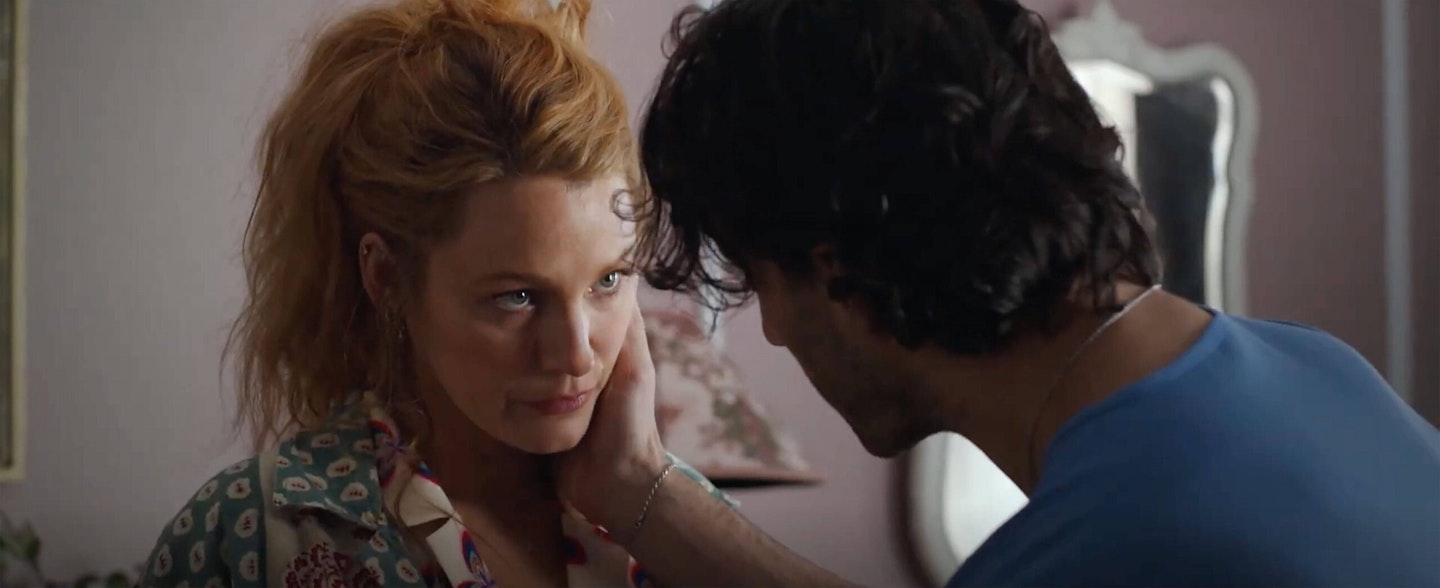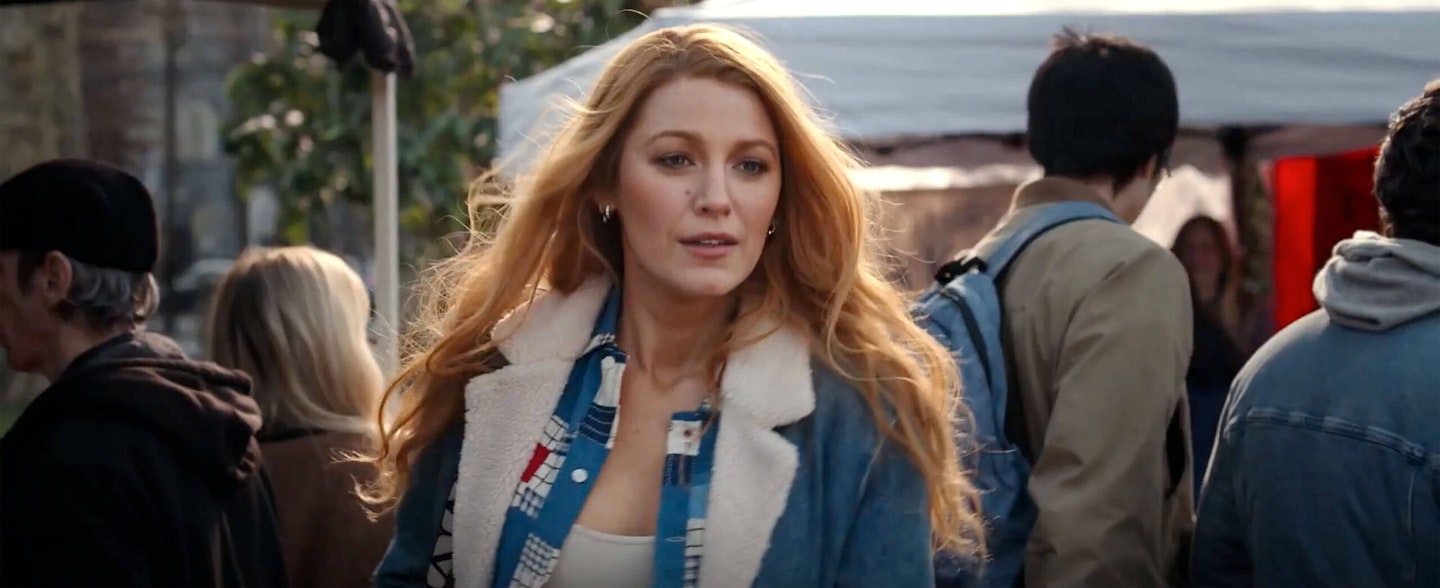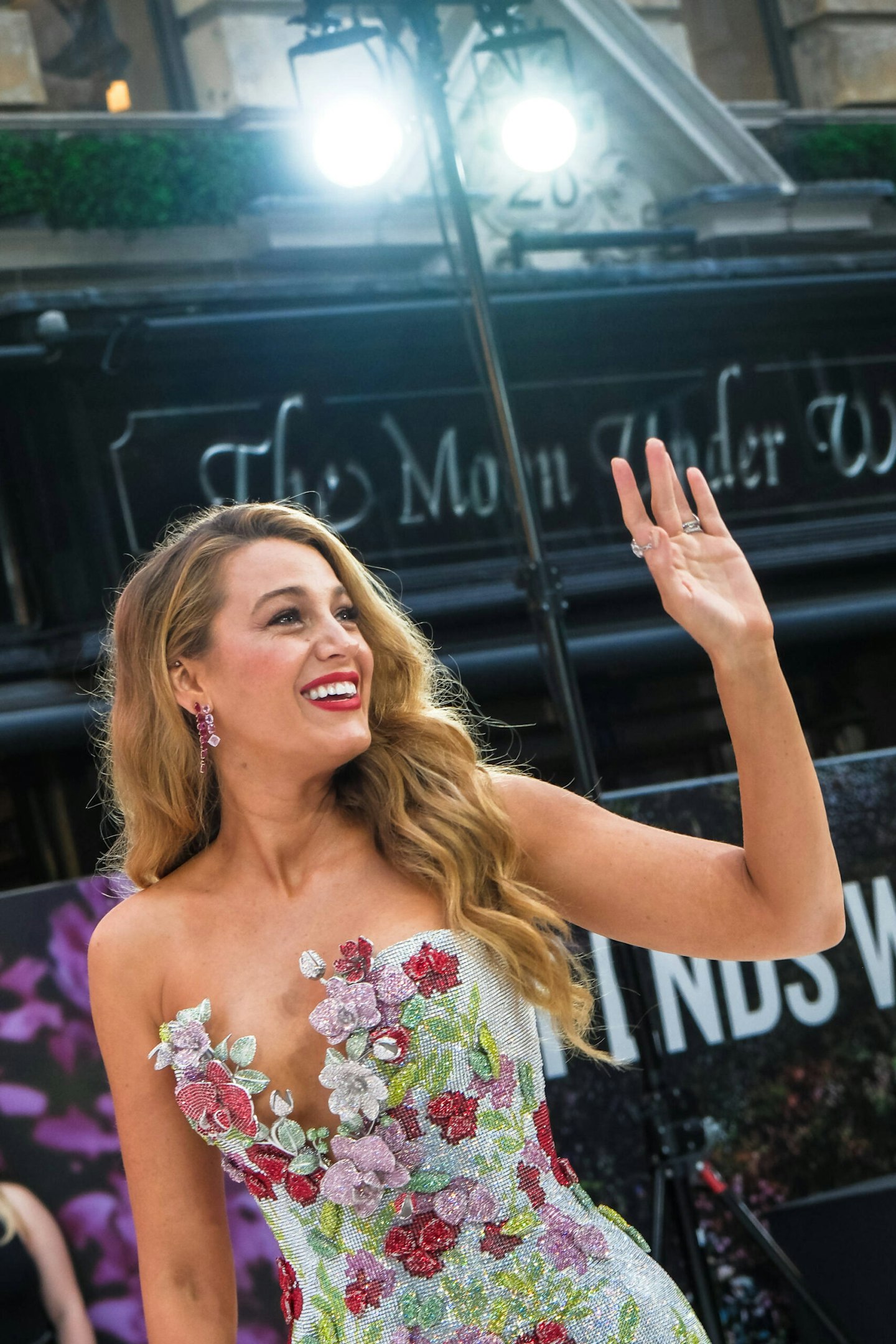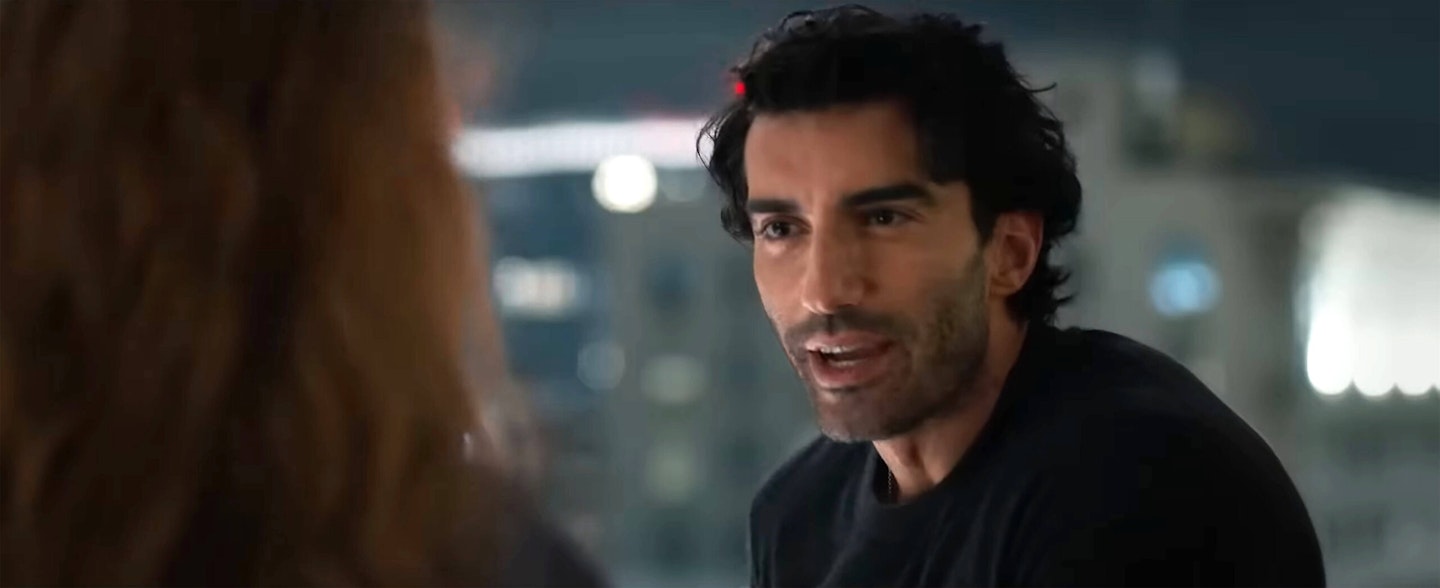It’s hard to miss all the promotional fanfare for this summer’s film adaptation of It Ends With Us_,_ Colleen Hoover's BookTok sensation. I was book blogging at the time of its 2016 release, and vividly remember how it resonated with its young adult audience, sparking many online discussions about domestic violence. However, amidst these conversations, the book also faced backlash from those who felt it romanticised the very issue it tries to address.
This is valid; while the book’s subject matter wasn’t lost on me, it reads like a romantic drama about a woman torn between a violent, brooding, and seemingly tortured lover and her high school sweetheart.

Watching the film, I was pleasantly surprised by its delicate handling of the source material. It shows how love can make it difficult to leave a violent partner and the devastating impact these relationships have on everyone involved. Adapting the story for film is an opportunity to reach a new audience and shed light on the nuanced realities of abuse.
However, the marketing of the movie has taken a much lighter tone, which leans heavily into the romantic aspects of the story - and this has sparked considerable controversy online.
Such a marketing strategy arguably undermines the film’s ability to raise awareness about domestic violence and has raised questions about how the media can responsibly address this issue.

It Ends With Us follows Lily Bloom (played by Blake Lively), a florist tormented by her father’s abuse of her mother. After her father’s funeral, she meets Ryle, a charismatic neurosurgeon. Despite his violent outbursts, they fall in love. However, Ryle’s controlling and jealous behaviour quickly escalates into physical abuse.
It’s clearly a dark subject matter, but you wouldn’t know it from the film’s marketing, drawing criticism from social media users. One Reddit user wrote, ‘Why is this movie being promoted like it’s a happy romcom and all florals. Am I going crazy? The book was dark and angsty romance right? It feels very wannabe Barbie when it is not.’ One user on X, formerly Twitter, wrote, ‘A rom-com it ain’t.’
Its promotional posters bear a pink and purple floral theme, which Blake Lively has mirrored in her red carpet styling, whilst the premieres themselves have been bright bouquets of pink, purple and sparkle. Whilst the red carpet is one thing, Lively's entrepreneurial ambitions have become another major angle for her promotional circuit. She has done little to dispel allegations that she's using the film's press run as a backdrop to promote her business ventures, conveniently launching her new haircare line in the middle of the film’s press campaign.

The actress's alcoholic brands, Betty Booze and Betty Buzz, even hosted a "Betty Blooms" event, tying the film to her beverage lines. "When your company throws a florist-themed party for your movie" she captioned on Instagram. She has mentioned the film's domestic violence theme in one Extra interview, but these references have felt somewhat uncomfortably overshadowed by a broadly tone-deaf approach to the film's content.
It Ends With Us press junkets have also heavily leveraged the star power of Lively's husband, Ryan Reynolds, and the recent success of his box office hit Deadpool and Wolverine. Reynolds and Hugh Jackman have even made surprise appearance at premieres.
The film's director Justin Baldoni is rumoured to be feuding with the cast - although neither side has commented - amidst controversy that has been going viral on social media, with TikTok sleuths claiming they have found moments which prove tension between Baldoni, and Lively and her co-star Jenny Slate. Baldoni has, to his credit, taken a markedly different approach in promoting the film. His Instagram bio directly links to No More, a domestic abuse charity that partnered with the film.
In interviews, he has emphasised the importance of men understanding intimate partner violence, using the opportunity to explain how these relationships develop. "The majority of women who fall in love with abusive men didn't fall in love with them because they’re abusive. They fell in love with them because there was something to love. They’re charming, they’re funny, they’re charismatic. They’re shiny people. They make them feel amazing. They love bomb," he told Today magazine. Baldoni has also consistently worn the No More pin and tagged the charity in his Instagram posts.

Ros Jones, domestic abuse campaigner, founder of the Speaking Out: Domestic Abuse and the Workplace, and author, warns that the film’s overall marketing could be counterproductive.
“Viewers might come in expecting a light-hearted love story and instead are met with heavy, potentially triggering content. This mismatch can undermine the film’s impact, as audiences may be unprepared for the serious themes it explores, leading to confusion or a lack of engagement with its core message.”
Picking a marketing route for a film which could, frankly, mislead audiences is common Hollywood practice. It’s plausible that It Ends With Us has intentionally capitalised on the popularity of its lead actress, her husband and his successful film, to attract viewers. If the film’s box office number one position and the social media buzz fangirling over Blake and Ryan’s red carpet chemistry is anything to go by, this strategy has been successful.
But triggering audiences can be harmful, especially for those with a history of abuse or trauma. As counsellor Georgina Sturmer tells Grazia, “When we have experienced abuse or trauma, it’s possible for our memories and fears to be triggered when we see images or stories in the media that reconnect us with our memories from the past, such as the media portrayals of abusive relationships.”
It’s therefore crucial that films addressing abuse handle the subject sensitively, considering the impact on viewers with their own lived experiences. This sensitivity should extend beyond the film itself to include its promotion, trigger warnings, support resources, and marketing.
Domestic abuse remains a prevalent issue in the UK, with a staggering one in four women experiencing abuse in her lifetime. Despite these alarming statistics, it continues to be shrouded in secrecy. Recognising the powerful influence of on-screen portrayals,the Domestic Abuse Commissioner believes the media has a huge responsibility to prevent domestic abuse through responsible storytelling.
Jones echoes this sentiment. “The key lies in storytelling that doesn’t shy away from the harsh realities of abuse while avoiding the temptation to sensationalise or trivialise it… filmmakers should engage with experts and survivors to ensure that their portrayals are not only truthful but also contribute to a broader understanding and awareness of the issue.”
I believe that It Ends With Us missed an opportunity to shed more light on domestic violence in its promotion. Here’s to hoping the sequel takes a more responsible approach.
